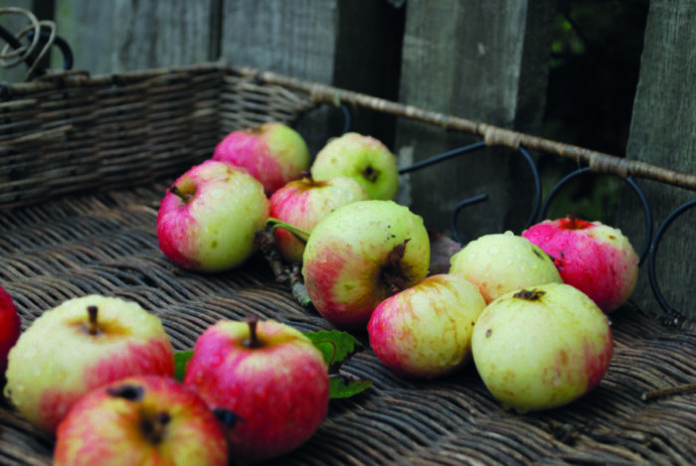
Microwave vacuum pre-cooking to recover fruit and vegetable waste that would be destroyed only for aesthetic malformations and transform them into a new type of food. This is the project carried out by Microglass in the food sector. The process guarantees a longer expiration date of the food produced, maintaining the nutritional properties, a better structural morphology and thus avoiding subsequent contamination resulting from other production steps, fully recovering the waste. The pre-cooking process also favors the pasteurization of the foods produced, making them healthier and avoiding possible contamination.
The extra-rapid microwave cooking project leads to the enhancement of fruit and vegetable waste and is part of the broader project underway by the company for the application of advanced technology to systems that use electrothermal energy. The Friulian company and in particular the R&D laboratory in San Quirino (PN) this year won the “Vivere a #waste zero” award, in the InnovAction category.
Microglass experiments with technological innovation in various production sectors and in recent years has created special purpose companies to carry out the prototyping and industrialization of plants. In the food sector it is carrying out experimentation for the pre-cooking of food against fruit and vegetable waste. The microwave vacuum cooking processes allow the recovery of fruit and vegetable waste (vegetables or fruit that are discarded due to aesthetic malformations) creating a new type of food ensuring a longer shelf life of the food, maintaining the nutritional properties, a better structural morphology, avoiding subsequent contamination deriving from other production steps, recovering the waste (zero waste). The pre-cooking process also favors the pasteurization of foods making them healthier and avoiding cross contamination.
In the environmental sector, Microglass has given technological support to the construction of an enormous plant which, by means of microwaves, obtains the recovery of 100% of rubbers and tires by pyrolysis. An experimental project concerns the prototyping of a new denitrification system for pig slurry intended for spreading to avoid the dispersion of excessive quantities of nitrogen in the soil, with an advantage for the environment in terms of the health of the land and aquifers.
From a green perspective, Microglass has patented new devices to combat the spread of the Covid pandemic: both more traditional products (a sterilizer of surgical masks and Ffp2, intended for new production lines of dpi) but also inventing a new product concept, which revolutionizes the the very way of relating to things and objects. These are “bio inertizers”, garbage containers in which the waste is subjected to a double combined process (ozone and UV-C) to inactivate viruses, bacteria and molds and avoid cross-contamination.
The “Oscars” of sustainability are awarded annually as part of the Zero Waste campaign with the patronage of the Ministry of the Environment, Anci and the World Food Program Italy to enhance good practices of circular economy and sustainable development.
Microglass’s victory in the category supported by the Hera multiutility dedicated to innovation was decreed by the jury made up of well-known journalists of reference in terms of the environment and sustainable commitment (Antonio Cianciullo, Massimo Cirri, Marco Fratoddi), flanked, among others, by the founder of the Zero Waste campaign Andrea Segrè, full professor at the University of Bologna, and by the scientific curator of the Award, researcher Luca Falasconi of the Department of Agri-food Sciences and Technologies of the University of Bologna.



































